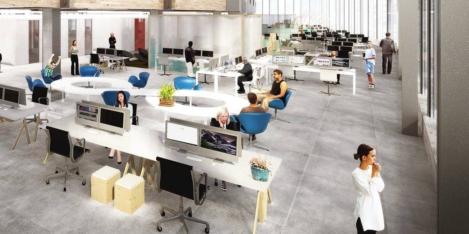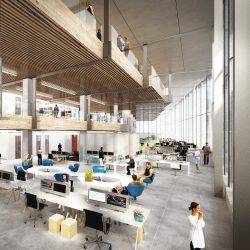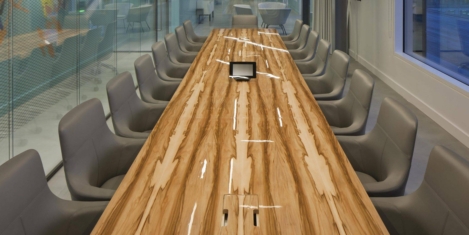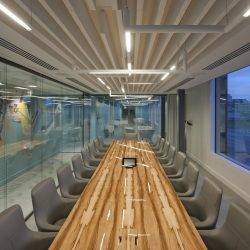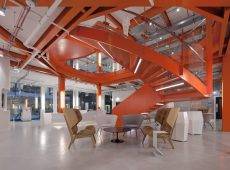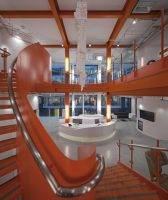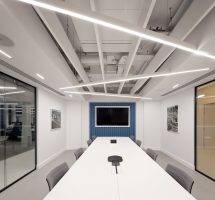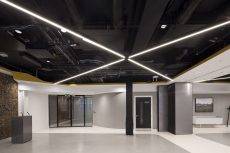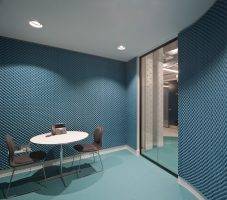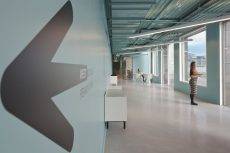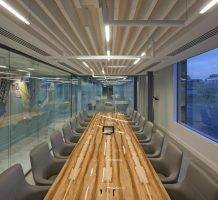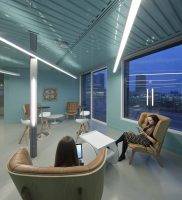December 5, 2016
Just one percent of UK firms are ready for the digital economy 0
 A new study by Oxford Economics and SAP claims that just one in every 100 organisations in the UK is capitalising on the digital economy, significantly fewer than in comparable European countries such as Germany where the figure is more than 2 in 5 and Spain (22 percent). According to the study, the benefits of digital readiness include greater workforce diversity. The ‘digital winners’ defined by the report have higher female representation at mid-management level level and slightly more women overall. Four in ten of the study’s digital winners globally reported effective diversity programmes, compared to 36 percent of all companies in France, 33 percent in Russia, 30 percent in the UK and 23 percent in Spain.
A new study by Oxford Economics and SAP claims that just one in every 100 organisations in the UK is capitalising on the digital economy, significantly fewer than in comparable European countries such as Germany where the figure is more than 2 in 5 and Spain (22 percent). According to the study, the benefits of digital readiness include greater workforce diversity. The ‘digital winners’ defined by the report have higher female representation at mid-management level level and slightly more women overall. Four in ten of the study’s digital winners globally reported effective diversity programmes, compared to 36 percent of all companies in France, 33 percent in Russia, 30 percent in the UK and 23 percent in Spain.















